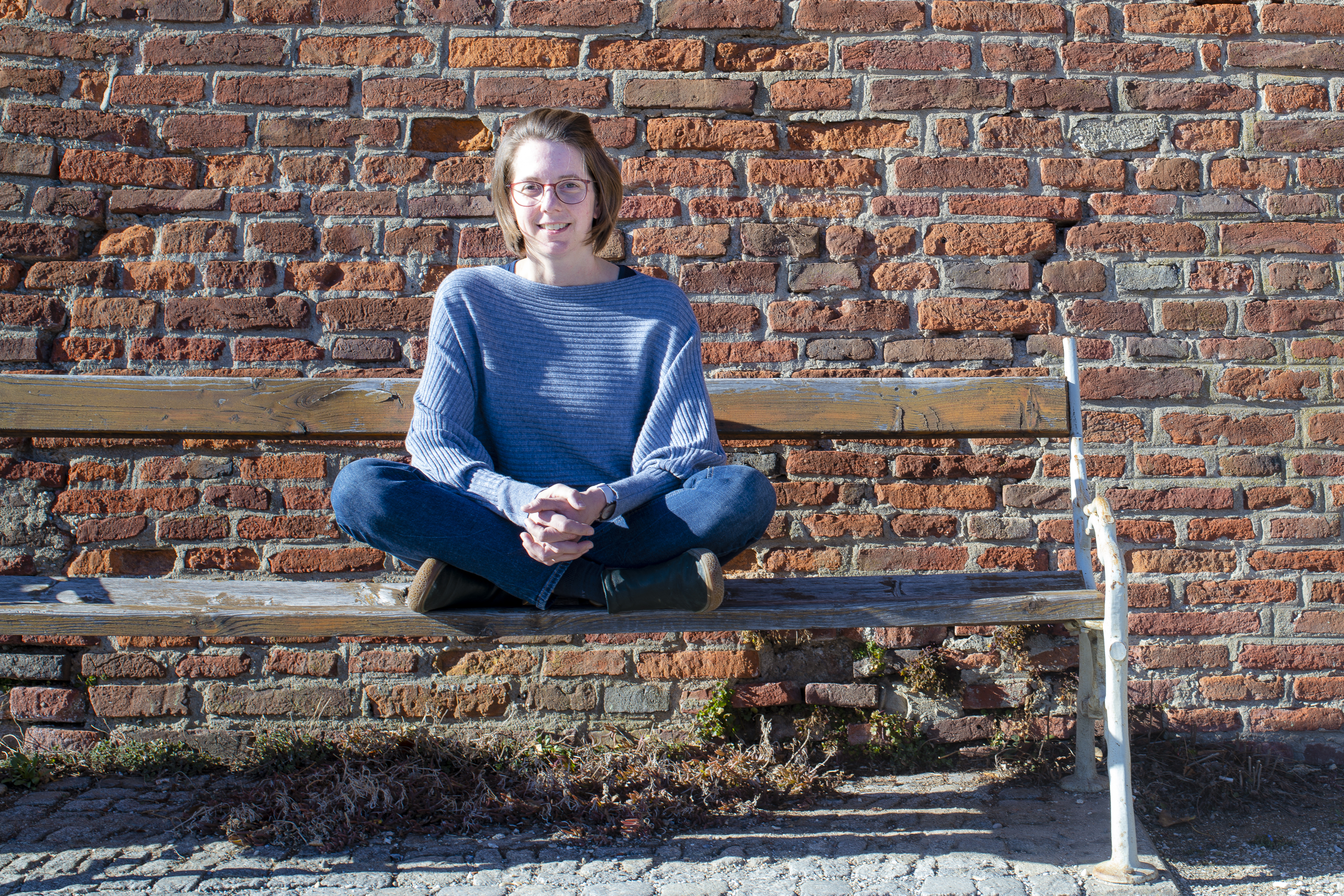"According to the current state of scientific knowledge, heat, droughts, water scarcity and floods are the key climate risks we will have to face in the coming decades," says Birgit Bednar-Friedl, an economist at the University of Graz. The researcher is coordinating lead author of the 6th IPCC Assessment Report “Climate Change 2022: Impacts, Adaptation and Vulnerability”, which has been published today. She has been responsible for the contributions to the chapter on Europe, which deals with the ecological and societal impacts of climate change from the Atlantic to the Ural and assesses possible strategies for adaptation and increasing resilience.
Water scarcity
One problem that has intensified in recent years is water scarcity. "Droughts are increasing in duration and intensity over large areas, not only in the Mediterranean region, but also in Central Europe," the researcher reports. "In order to cope well with the expected changes, we need more comprehensive solutions than before," says Bednar-Friedl and gives an example: "In agriculture, irrigation is a good strategy to cope with a drought, but if water is scarce, it will be lacking elsewhere. So we need to think about how to use this resource well overall so that all sectors get the maximum benefit." Growing drought-resistant fruits, vegetables and grains would be an alternative for agriculture.
Urban hotspots
Places where climate impacts are particularly felt are cities. One solution that could mitigate several impacts at the same time is called greening. "Overgrown facades help to lower the temperature inside buildings and increase humidity so that houses cool down better at night. Lawns in courtyards can allow water to seep away during heavy rains," Bednar-Friedl explains. In addition, multifunctional flooding areas could be created, such as a lowered playground that can absorb water if necessary.
It is also important to establish comprehensive early warning systems and to raise awareness and knowledge among citizens on how to deal with various threats. For example, if there is a risk of flooding, they should secure their own flat entrances with sandbags in good time.
Thinking globally
Climate impacts in one region often have cascading effects in other parts of the world. This domino effect is highlighted for the first time in the current report. One example: in 2011, a major flood in Thailand paralysed the production of semiconductor components for months, resulting in high prices worldwide for computer hard drives, among other things. "To minimise such risks, countries on all continents that are particularly affected by climate change must become more resilient. This requires international cooperation in the form of investments and technology transfer as help for self-help," says Bednar-Friedl.
Climate protection
"We in Europe are in the fortunate position of being able to mitigate much of the damage caused by climate change, but here too there is cultural heritage that is being lost because ecosystems are being destroyed," says the researcher, pointing to traditional forms of agriculture such as reindeer husbandry in the Arctic or migrating flocks of sheep in the Pyrenees. Coastal cities, Venice in particular, are facing rising sea levels and an increase in extreme weather events. "These examples highlight the need for climate action alongside adaptation if we are to avoid losing more of what we hold dear."
Background information
The Intergovernmental Panel on Climate Change (IPCC) is an institution of the United Nations. On its behalf, experts worldwide regularly compile the current state of knowledge on climate change and evaluate it from a scientific perspective. The IPCC report is published every four years and provides a basis for political decisions by highlighting different options for action and their significance, but without proposing concrete solutions or making recommendations for action.
>> 6th IPCC Assessment Report Climate Change 2022: Impacts, Adaptation and Vulnerability
>> More information on Birgit Bednar-Friedl and her research
